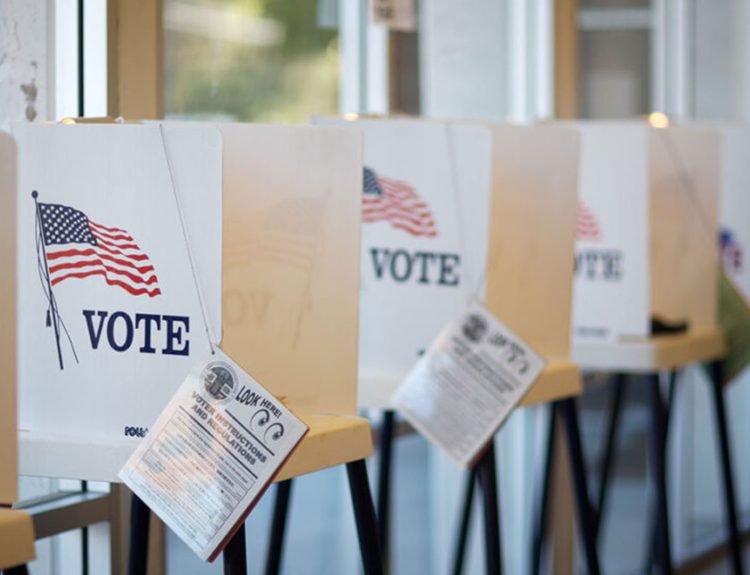We’ve all dealt with the worst sides of fake news, but for the most part, we assumed that most people knew what was fake and what wasn’t. Unfortunately, a new study published in Frontiers in Psychology makes us rethink what we think we know about fake news. Let’s dive into what the study found.
A Lack of Critical Thought
The study found a few things we already know about fake news. One of these is that it’s tough for someone to research news to find out if it’s true without letting their personal biases get in the way.
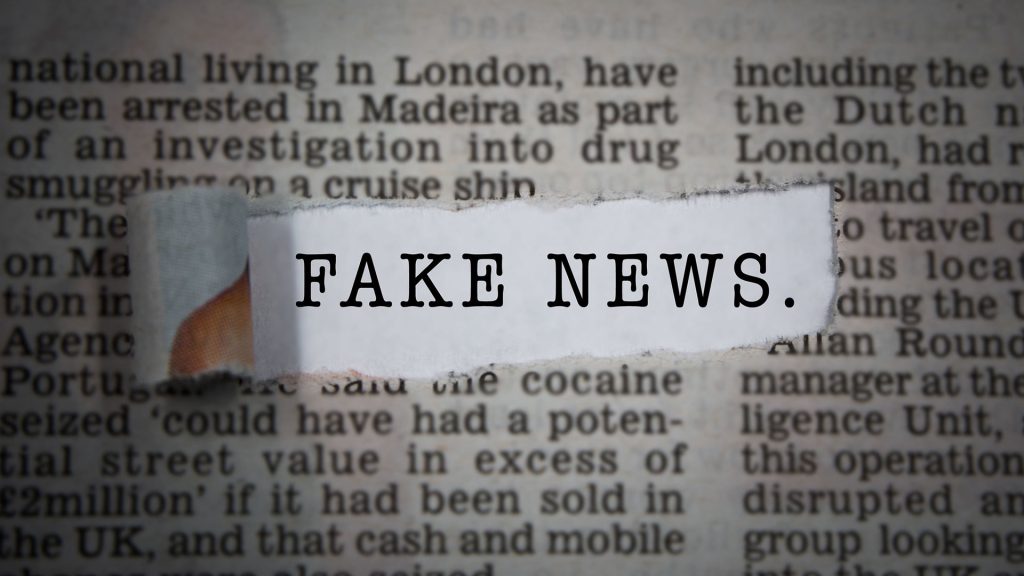
The second thing was the mistrust people have for certain news outlets. The study found people were less likely to believe something if it came from an alternative news source.
A Large Sample Size
For any study to make sense, the number of people surveyed has to be significant. This is called the sample size, and the larger the sample size, the more likely the results will represent the whole of society.
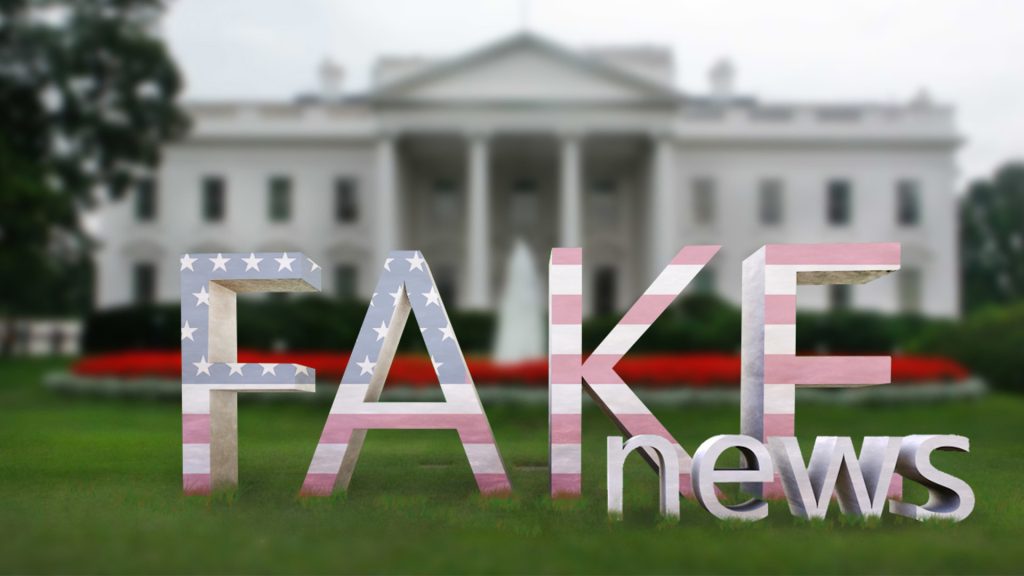
In this case, the sample size was 2,400 people. While the sample size wasn’t huge, it was big enough for some trends to emerge. Its goal was to gain insight into the authenticity of news in the modern age.
Failure to Filter
Before the internet and social media became so widespread, many social scientists believed that the lack of access to information was a problem for societal development. However, this study shows us something different.
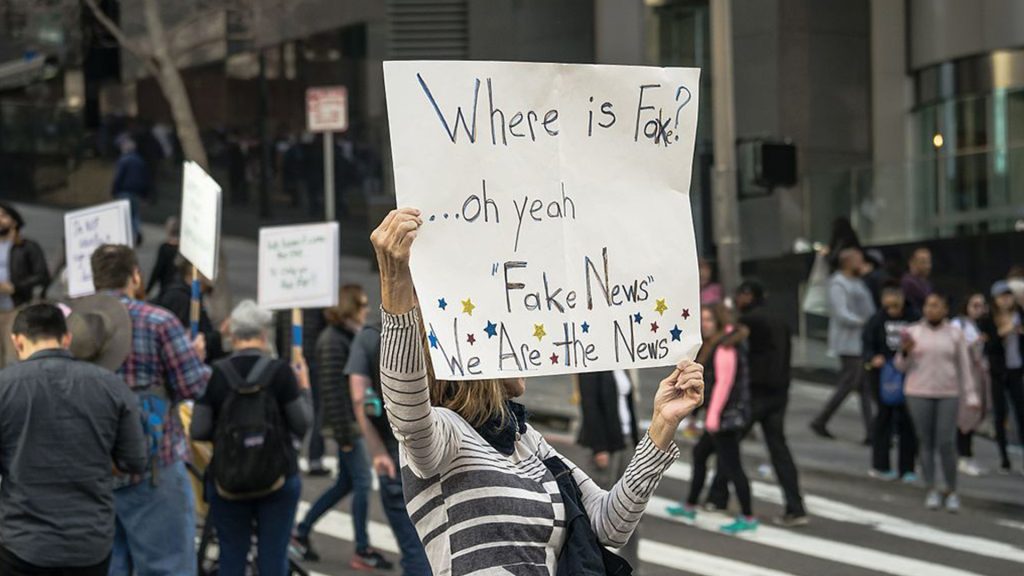
The author of the study, Daniel Sude, suggests that we should explore the things that help us detect misinformation in the news. According to the author, this detection could be of global importance.
Less In-Depth Consideration
Sude continued to note that because of the mass bombardment of information, many of the people who use social media don’t have the inclination to delve deeply into news topics.

This rapid, surface-level information consumption leads to many people skimming the news to overlook important details. Most people lack a deeper understanding of the news and are more likely to fall prey to fake news as a result.
Understanding Our Biases
Have you ever wondered why the news that confirms what you believe already feels better to read than the news that tells you you’re wrong? Psychologically, we have an ingrained sense of wanting to be correct.
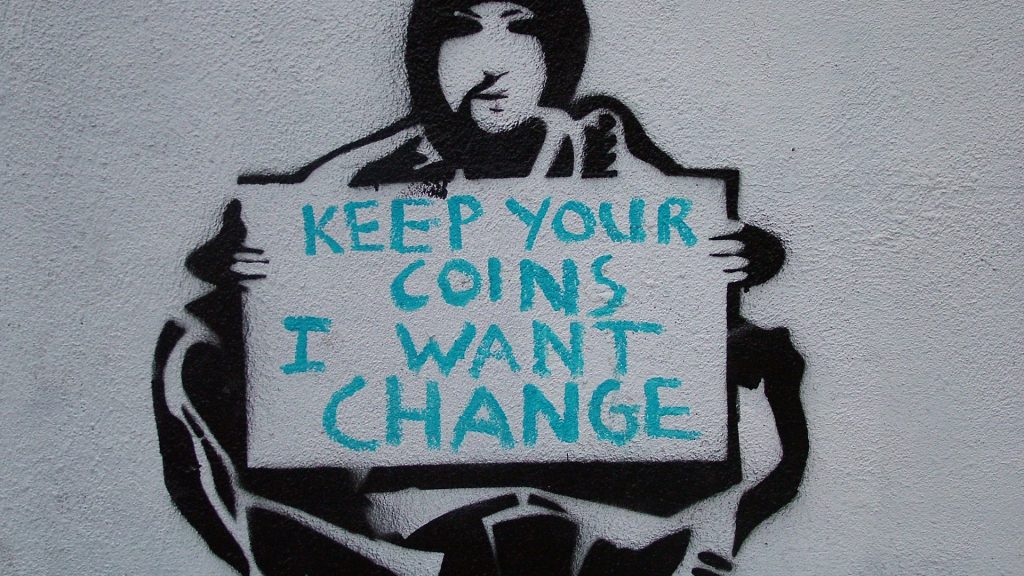
Our biases define what we see as right or wrong. If a news outlet tells us something that aligns with what we already believe, we’re more likely to believe that outlet. Even mainstream news outlets have this effect on us, and we’re willing to defend their news, even if it’s not true, once they say we are right.
Unable to Overcome Cognitive Bias
Cognitive bias exists within all of us, making us perceive certain things in a specific light. Many people believe that once they know their bias exists, they can adapt their thinking to take it into account.
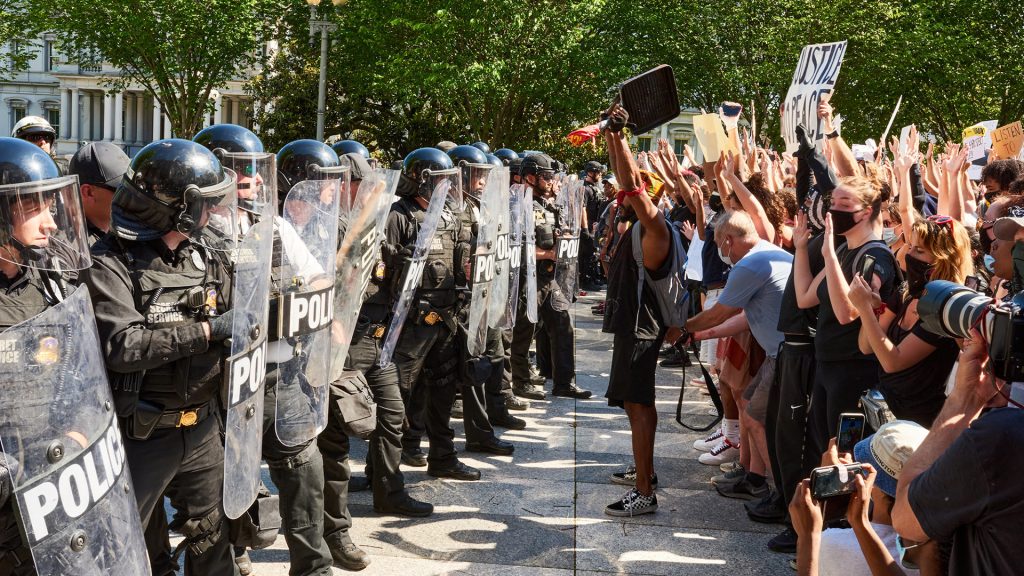
Sude suggests that this isn’t the case. The study shows that even people who are aware of their existing bias are not likely to change their minds about how they view news from certain outlets.
Why Do People Mistrust Unfamiliar News Sources?
There are a few big names when it comes to news distribution. Most people know and trust these names, but they are less likely to trust news from a source they don’t recognize.
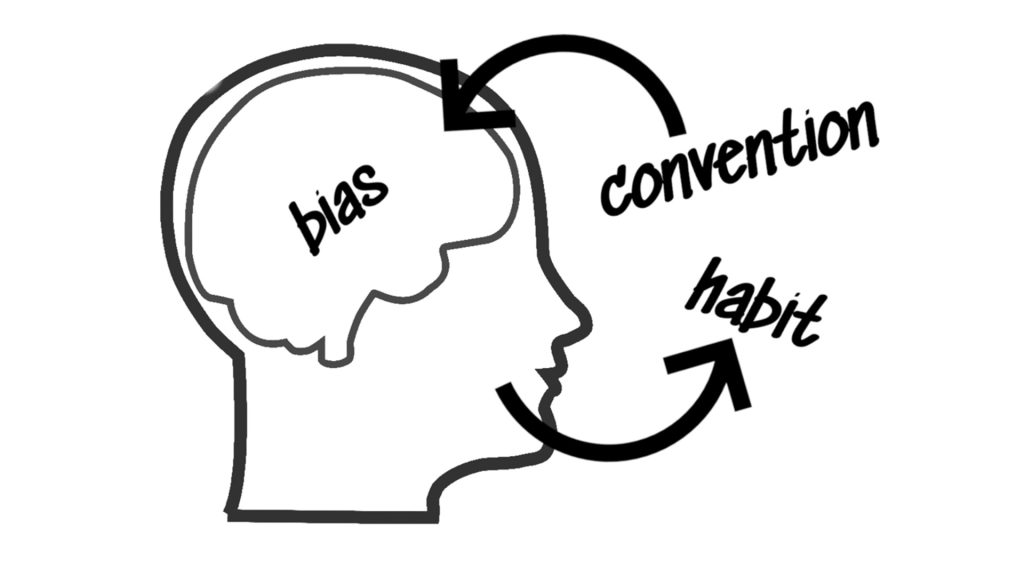
Because we tend to reject alternative news sources, we are less likely to fall prey to fake news from those sources. We’re also less likely to believe accurate news from those sources. The paper dives into why this is the case.
How The Study Worked
The study first separated the participants into two groups. The first phase had 1,008 people, and the second had 1,397 people. Each group was shown news articles consistent with the type that would appear on sites like Facebook.
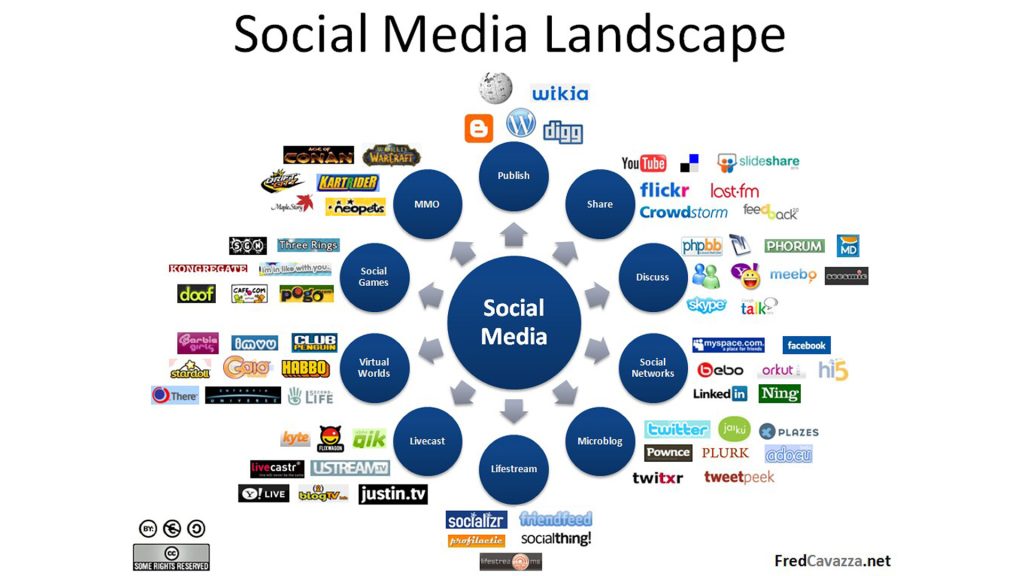
After the first article, they were shown a different article. The second news article was long-form writing and aligned with their political beliefs. The articles were chosen based on left and right political leanings in the US.
The Next Steps
After this first set of articles was shown, the participants were once again given articles in the social media style. The first phase of these articles was all fake news; although they were told, the stories were sourced from both alternative and traditional media.

The second phase of this part of the study looked at authentic news articles sourced from traditional and alternative sources. However, the participants were not informed about what was real and what wasn’t.
Most People Preferred the Mainstream Media
The study results showed that most of the participants preferred the mainstream media outlets. This is hardly surprising since most people know that mainstream media provides a professionally vetted point of view.
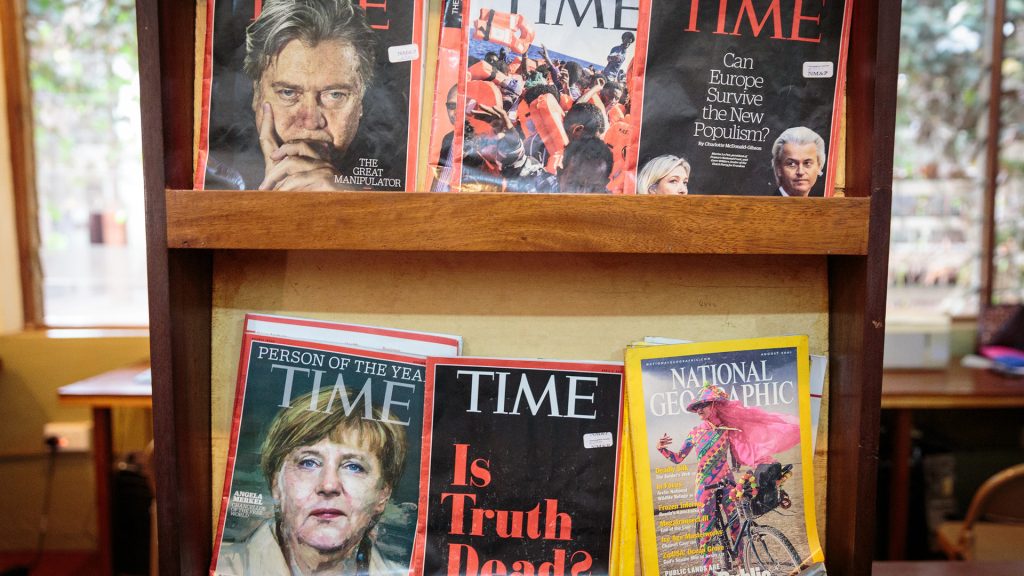
The fact that fewer people opted to trust alternative news sources shows how much of an impact the term “fake news” has in our society. The sheer fear of believing something true that may be false makes these alternative news sites less attractive.
A Choice Between Content and Source
The most important distinction that the study revealed is that people are more concerned with the source of the information than the content of it. If the source is trustworthy, people are willing to believe lies.
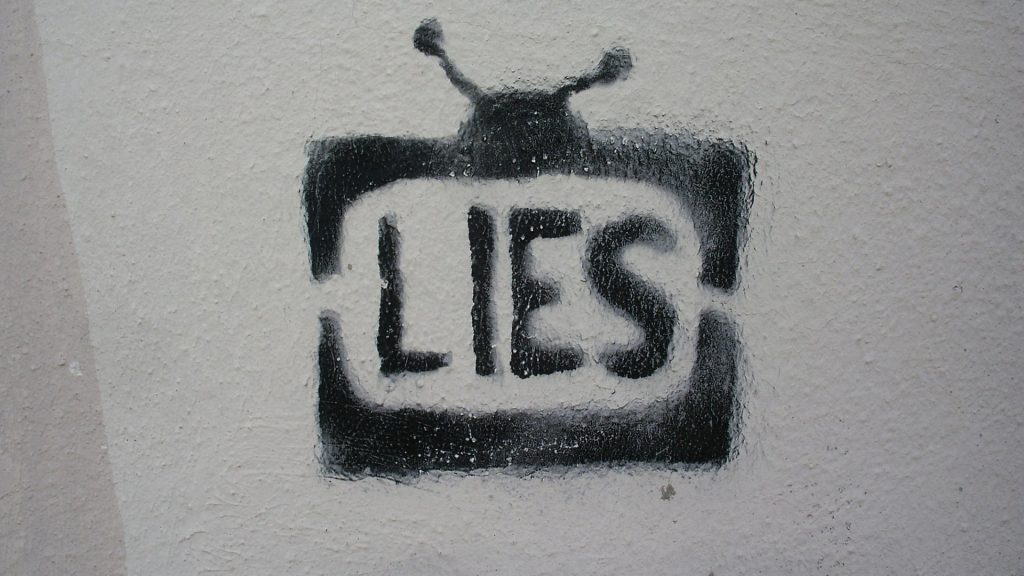
This underscores the power that media, especially mainstream media, has on how society perceives anything. Social media has made it easy to stoke outrage with a well-written headline.
Other Studies Show People Don’t Read Beyond the Headline
Many people in the US and worldwide tend to go no deeper than the headlines regarding news. Another study done in 2014 confirms that many people don’t read beyond the bold header.
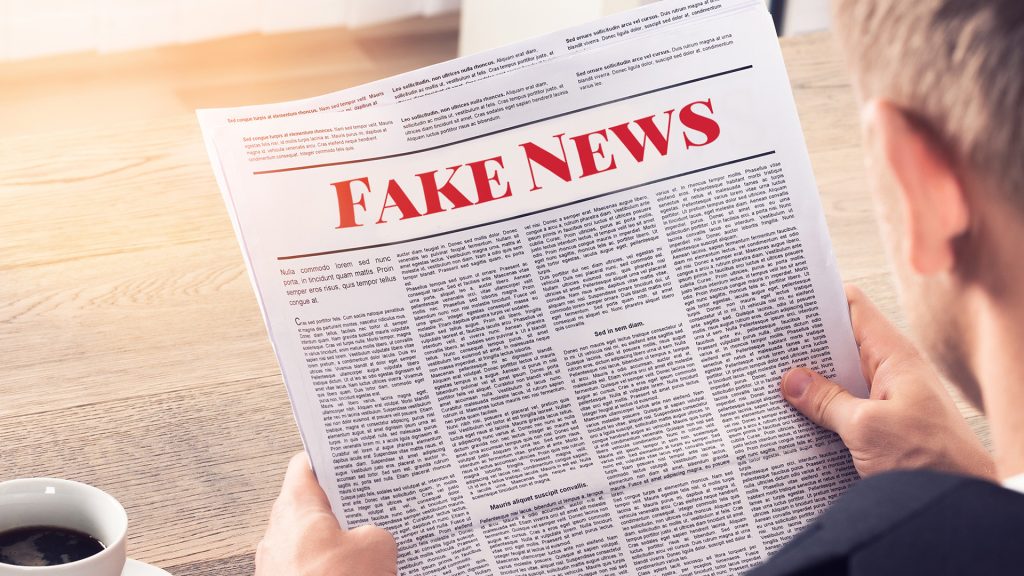
Because of the prevalence of social media sites that highlight the headline and block the rest of the content, most people are now informed only by headlines. Unfortunately, headlines are not enough to make informed decisions.
Social Media and Information Overload
The world around us is moving much faster than it had in the past. Information streams at us from screens, and we’re constantly immersed in the next big thing. Because of this constant influx of information, we find it hard to determine truth from lies.

Around three in four Americans say they suffer from information overload. With the sheer amount of screens we deal with, it’s unsurprising. However, this information overload has an impact on our ability to filter truth from untruth.
News Literacy Is a Significant Concern
One thing that the study highlighted that helped mitigate the issue of fake news is being literate about news sources. Knowing where an alternative news source got its information from can help someone trust that source.
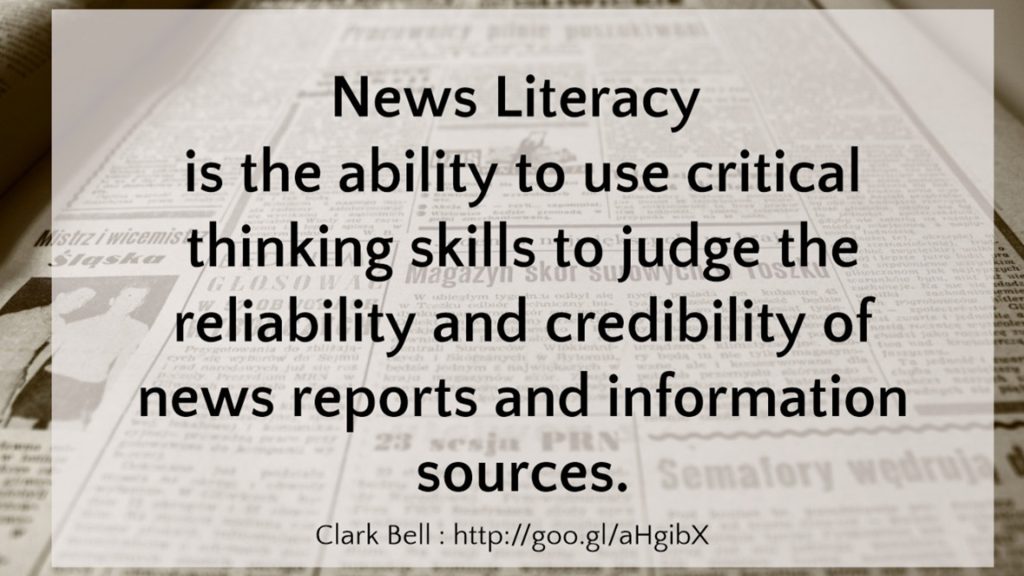
In the study, participants with a higher news literacy rate could more easily distinguish when something was true from when it was false. Unfortunately, news literacy varied by participant.
Partisans Defend Content Regardless of Source
The exception to the findings were partisans of either political party. Even when the source in question was not mainstream, they were willing to defend the source based on the content.

Sude puts this down to a consideration of risk-reward dynamics. A partisan has much more to gain by “converting” someone neutral to their political ideology, so defending the questionable source aligns with what they see as the most profitable outcome.
Sharing Fake News Does More Harm than Good
While the benefits might look attractive on the surface, there’s a deeper, less understood problem with sharing fake news that you already believe in. Instead of bringing people to your cause, you will likely drive them away.

Misinformation is one of the oldest tools used for propaganda. When you share fake news, you make your site look ridiculous when it comes out that the news is fake. Sude suggests that instead of sharing news immediately, take the time to ensure that what you’re sharing makes sense.
Living In a Brave New World
Many modern social commentaries compare society to Orwell’s 1984, but our problem with information overload is more akin to Huxley’s Brave New World. This novel’s dystopia isn’t because of force or the military.
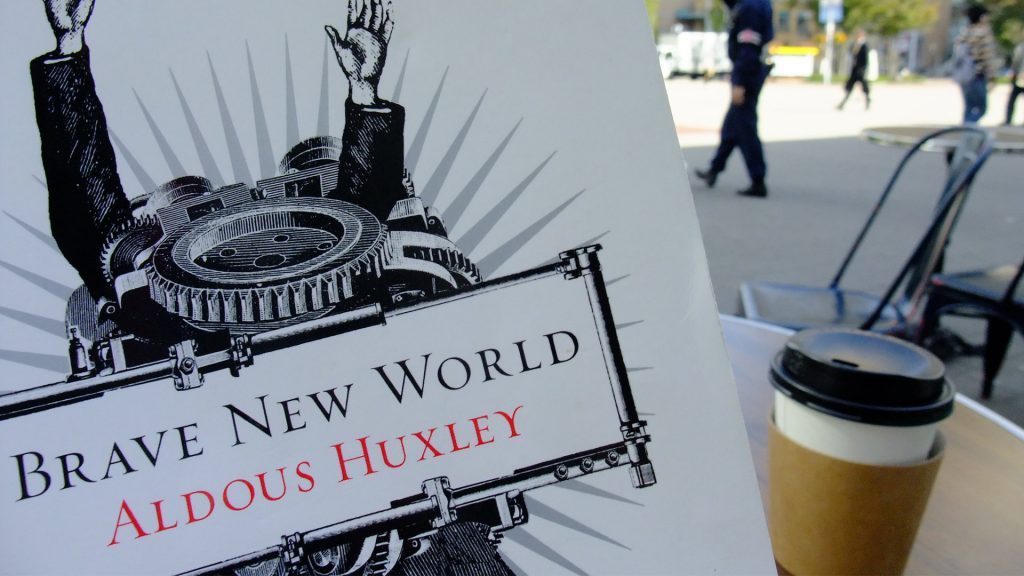
Instead, Huxley paints a world where everyone is happy because endless distractions help them deal with their daily lives. With a constant barrage of social media news that we’re celebrated for sharing, nothing better encapsulates our current world’s dynamic.
More Studies Can Teach Us How to Deal With Fake News
While this particular study has given us several insights, it’s not without its limitations. The study focused on a polarized US and may not apply equally to all places in the world. There was also no in-depth psychological investigation into why people felt the way they felt about their news sources.
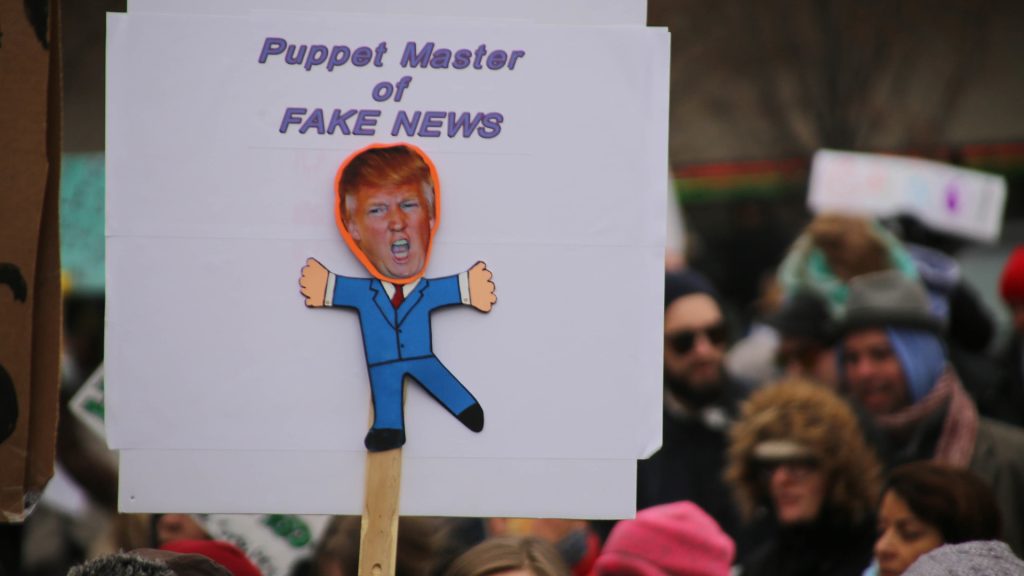
Any study alone can’t give a complete picture of what’s happening. It will allow us to appreciate the difference between authentic and fake news, but there is an entire context missing from our estimation. A cross-sectional study that takes dozens of studies like this may help us learn how to deal with fake news practically.





